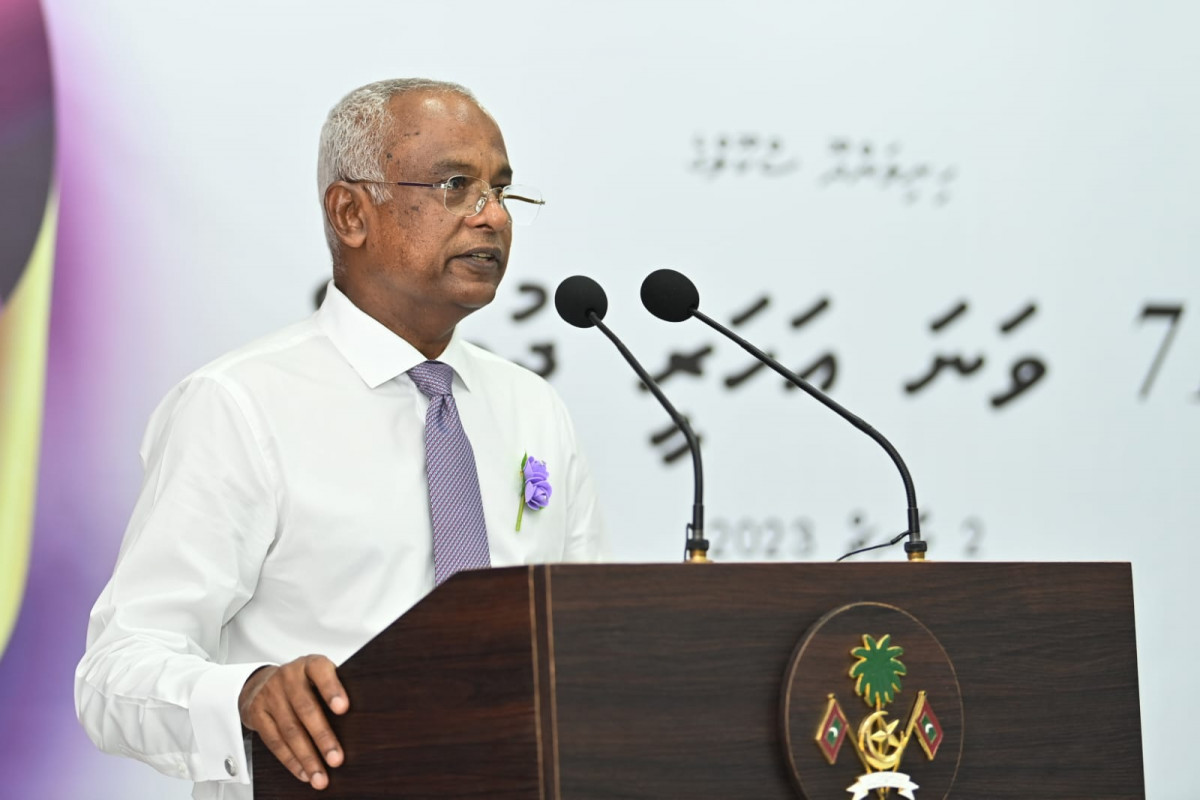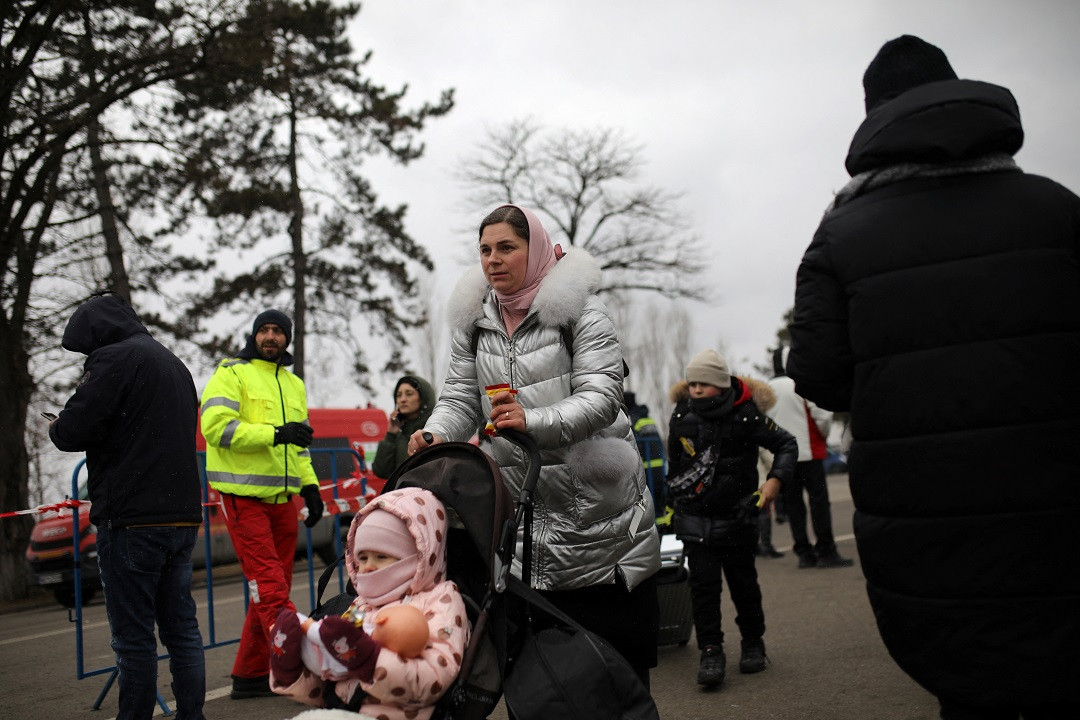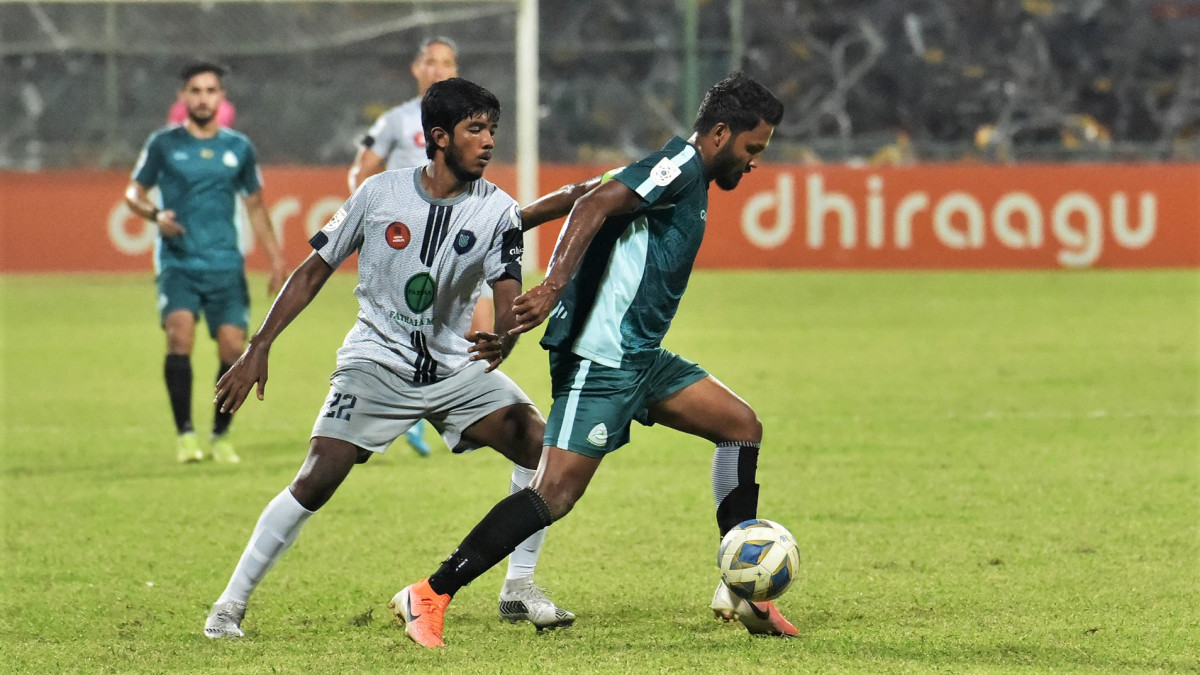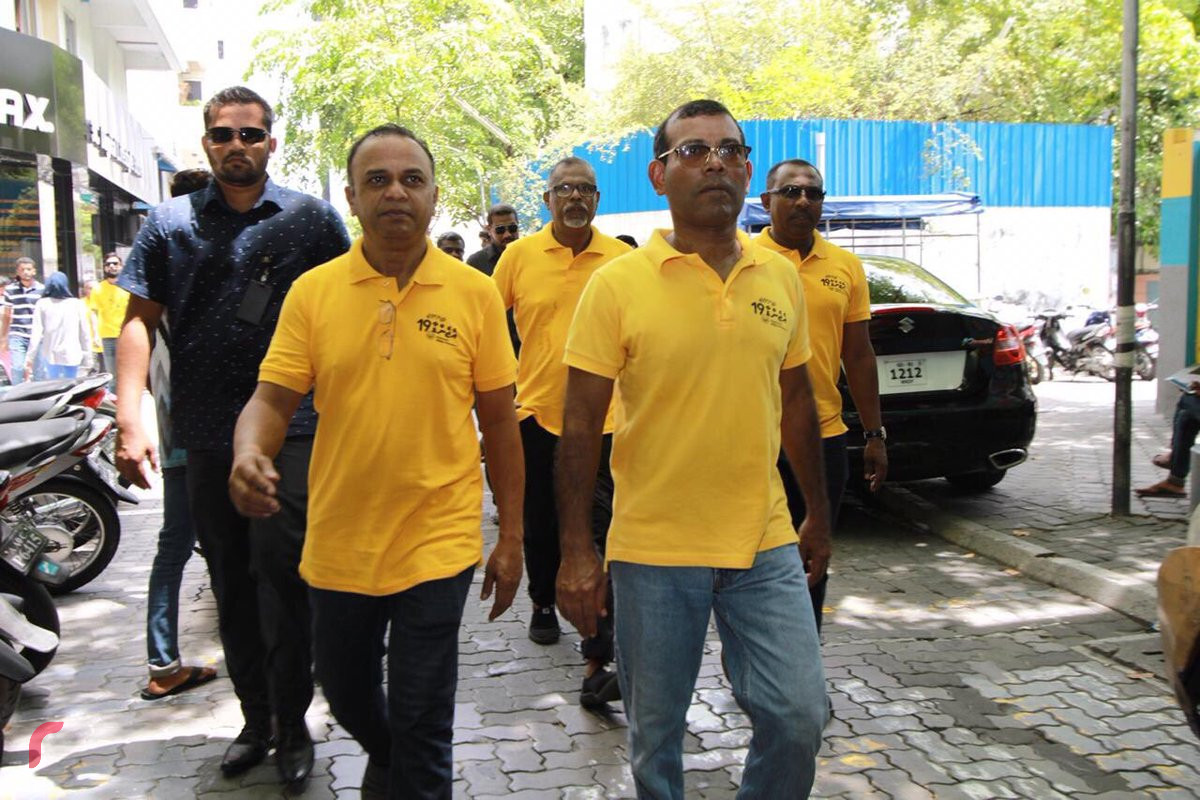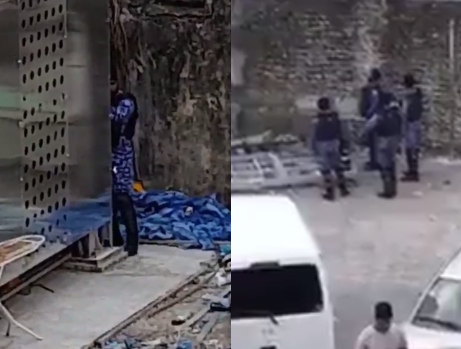Broadcom to probe MDP rally remarks about president’s son
The Broadcasting Commission of Maldives is investigating RaajjeTV for broadcasting statements made at an opposition party gathering concerning the President's son

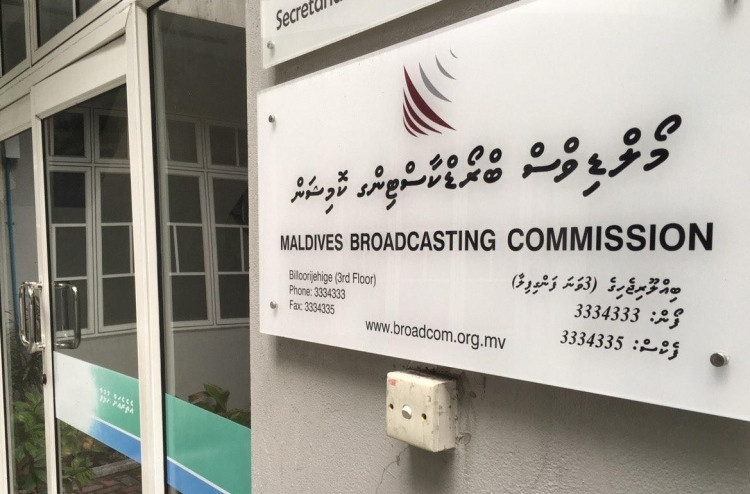
Maldives Broadcasting Commission
The Broadcasting Commission of Maldives (Broadcom) has once again begun investigating a case where privately-run television station RaajjeTV broadcast statements made at a gathering of the main opposition Maldivian Democratic Party (MDP) concerning President Dr. Mohamed Muizzu's son.
In a document signed and forwarded on June 23 by Aishath Hadiya Mohamed, Director of Legal Affairs at the Maldives Broadcasting Commission, it was revealed that the case filed against RaajjeTV is regarding an alleged violation of the Broadcasting Code of Practice.
The document also mentioned that the case is related to statements made at an MDP gathering held on May 5. The Commission has instructed RaajjeTV to preserve all content related to the gathering.
While the gathering in question took place about a month and a half ago, some members of the public suspect that the commission initiates such investigations to coincide with periods of increased MDP activities, suggesting it might be an attempt by the government to exert influence through the Broadcasting Commission.
Previously, Broadcom had investigated a similar case involving RaajjeTV, where it was alleged that content damaging to the dignity of President Dr. Mohamed Muizzu's son was broadcast. The earlier investigation took place in March.
The previous case also alleged violations of the Broadcasting Code of Practice, specifically regarding content from MDP protests. The commission had then stated that the content violated principles protecting individuals' dignity and honor, as well as guidelines for protecting children in broadcasting.


